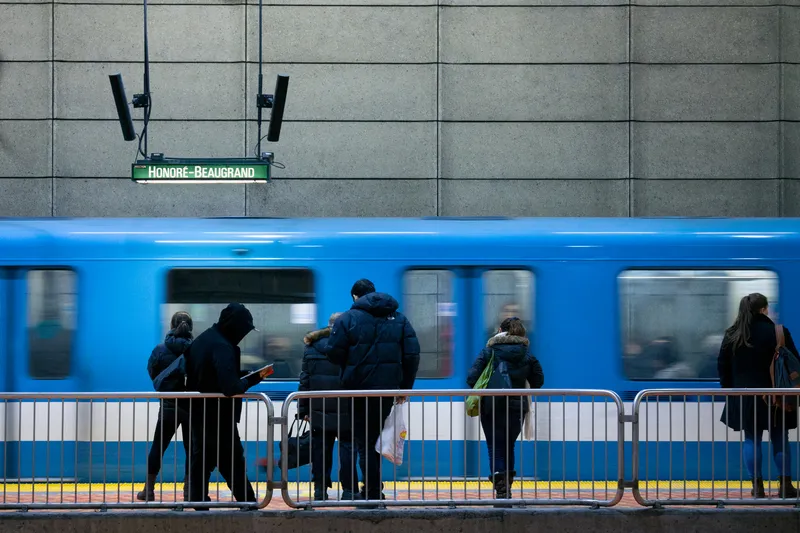
Montreal’s Autorité Régionale de Transport Métropolitain (ARTM) has chosen UK-based Masabi for development and implementation of a fare collection solution to replace its current Opus card.
The work will be part of the Concerto project, a gradual complete overhaul of the entire fare collection system in the metropolitan Montreal region of Quebec province in Canada.
Concerto involves updating more than 12,000 pieces of equipment across five territories and engages several key partners: Société de Transport de Montréal (STM), Réseau de Transport de Longueuil (RTL), Société de Transport de Laval (STL), the City of Montreal and greater Montreal public transport agency Exo.
Working with WSP, Masabi offers a Software as a Service, cloud-native platform called Justride, which enables transit agencies to quickly deploy modern, flexible and scalable fare collection systems.
It supports a variety of payment methods, including contactless bank cards, smartphones, smart cards and mobile tickets, and is already adopted by more than 200 agencies across Canada, US, UK, Europe and Australia.
ARTM is conducting initial testing phases for the launch of virtual fares on smartphones. As part of the next phase, credit and debit card payments are being introduced in stages, allowing customers to pay directly with their bank cards and mobile devices.
“Concerto is much more than just a tech project," says Benoit Gendron, general manager of ARTM. "It’s a deep transformation of the customer experience in public transit. We’re moving forward methodically, step by step, delivering tangible results, like mobile Opus card reload feature, already available. Let’s be clear: the project is well managed, with strong governance, regular oversight, and thorough testing before each rollout.”
“By opting for Software as a Service over the cumbersome and inflexible legacy 'build and maintain' approach, ARTM will deliver continuous and regular innovation, at a much lower cost,” said Brian Zanghi, CEO of Masabi.









